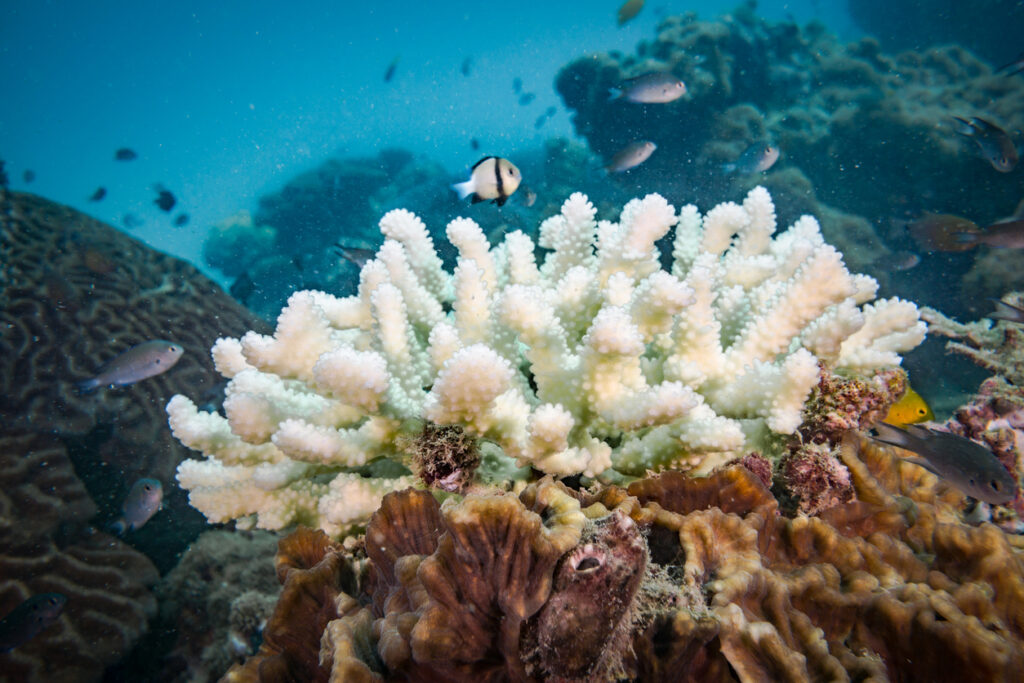The ACT Government is partnering with The Australian National University (ANU) to develop an innovative and leading framework for workplace culture change across the ACT’s public health system.
The Framework will be developed by organisational behaviour specialists at the ANU Research School of Management. It will include culture change initiatives and importantly, will focus on measuring the effectiveness of these initiatives over time.
In a statement, ACT Minister for Health, Rachel Stephen-Smith, said the work is critical for the implementation of the recommendations of the Independent Review into the Workplace Culture within ACT Public Health Services, released earlier this year.
“This Framework will ensure we are well placed to identify how all three of our public health services – the Health Directorate, Canberra Health Services and Calvary ACT can embed and sustain improvements to their workplace cultures,” Ms Stephen-Smith said.
The ACT Government is committed to implementing all of the recommendations of the Review, with the 2019-20 ACT Budget providing $10.5 million for the implementation.
Government House Open Day
Visitors will have the chance to explore Government House at an Open Day on Saturday 12 October. From 10am to 2pm, the gates will be open and visitors will be able to explore the gardens, tour the house and meet Their Excellencies, the Governor-General David Hurley and Mrs Linda Hurley.
Over 30 charities and community groups that the Governor-General and Mrs Hurley are patrons of will have displays to showcase their work. Visitors are welcome to bring a picnic and a range of local providers will have food for sale.
Chasing Coral screening

Fifty per cent of the world’s coral reefs have been lost in the last 30 years, and that number continues to increase, in large part to coral bleaching — a process that occurs when ocean temperatures become too warm, causing coral reefs to turn white and die.
Chasing Coral chronicles the phenomenon of coral bleaching and follows a team of divers, scientists, and photographers as they document and reveal these events to the world. The film took 3.5 years to produce, features 300 hours of underwater footage, and includes submissions from over 30 countries.
A free screening (optional gold coin donation) and panel discussion will be held at the R.N. Robertson Lecture Theatre (Building 46) at ANU on Friday 18 October 6.30pm ,hosted by the Coral Reef Environment and Management Fund.
For more information, visit bit.ly/chasingcoralevent
Extinction Rebellion ‘fighting for the future’
Hundreds of climate change protestors took over Commonwealth Bridge on Monday 7 October to demand real action on climate change.
According to a Facebook post, the ACT Chapter of the Extinction Rebellion “held the bridge for over an hour in an impressive display of people power, disrupting business as usual to force the government to take notice”.
The event follows on from Friday 27 September when Extinction Rebellion ‘swarmed the City’. Their next action will occur on Friday 11 October with a “bike ride starting at 7.45am from Ainslie Football Club, down Northbourne Avenue to London Circuit, ending in a die-in”.
Extinction Rebellion calls on the government to: tell the truth by declaring a climate and ecological emergency, working with other institutions to communicate the urgency for change; act now to halt biodiversity loss and reduce greenhouse gas emissions to net zero by 2025; and create and be led by the decisions of a Citizens’ Assembly on climate and ecological justice.
For more:


